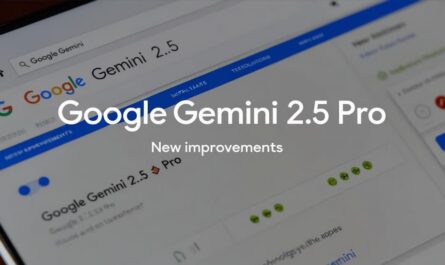What are the key elements to include and avoid in your game dev resumes to stand out in the competitive US market? Crafting a strong resume is important for securing your desired role in game development. Though your game dev resume can make or break your chances of landing the role you want. Yet writing one that stands out in the highly competitive USA game development market can feel like a challenge. So what should your resume do, and what should you avoid?
Firstly, your resume should immediately answer “who you are” and “what you bring to the table.” A neat headline right under your name and contact info can set the tone, something like “Gameplay Programmer Specializing in AI and VR Experiences.” You should also provide links to your portfolio or GitHub, making it easy for recruiters to dig deeper.
Secondly, keep your resume concise yet informative. Two pages maximum is a common guideline. You want to showcase key projects, skills, and results without overwhelming the reader. On the other hand, don’t leave out important details either. It’s about striking the right balance so your resume is both scannable and meaningful.
When describing your experience, focus on tangible contributions. Employers in the USA often look for measurable outcomes. Did your code reduce load times by 30%? Did you lead a team that delivered a game feature used by 50,000 active players? Numbers like these tell a clearer story than vague statements. Meanwhile, use action verbs like engineered, optimized, implemented, or spearheaded to bring your achievements to life.
Your technical skills section should be upfront and well-organized. You can group skills into categories like programming languages, game engines, tools, and methodologies. For instance, under programming, list C++, C#, Python; under engines, Unity or Unreal Engine. This helps automated systems and hiring managers quickly match you with job requirements.
Another important tip you should consider is tailoring your resume for each application. Read the job description carefully, then tweak your resume to highlight the most relevant skills and experience. This shows you took the time to understand the role and makes your candidacy more appealing. Meanwhile, make sure to keep keywords from the job ad naturally in your resume to improve chances with applicant tracking systems (ATS).
On the other hand, avoid cluttering your resume with every tool or technology you’ve ever touched. Being selective and relevant makes it stronger. Similarly, steer clear of buzzwords or jargon without substance. Instead, your resume should communicate clearly what you can do and how you’ve done it.
Education and certifications also play a noteworthy role. In the USA, many employers expect at least a bachelor’s degree in computer science or game development. Listing this clearly, along with any relevant certifications like Unity Certified Programmer or Unreal Engine certification, can boost credibility. Certifications often mean you’re committed to your craft and up to date with industry standards.
If you want to learn how to structure your unity cvs, this guide is very helpful for: How to Make Your Unity CV Stand Out.
Soft skills deserve a mention too. While technical ability is king, teamwork, problem-solving, and communication are well valued in game studios. You can incorporate these naturally in your descriptions, for example, “Collaborated cross-functionally with artists and designers to build immersive gameplay levels,” which implies good communication and teamwork.
When composing your resume, presentation counts. Use clean, modern fonts and enough white space so it looks easy on the eyes. Submit your resume as a PDF to preserve formatting. A neat format signals professionalism and attention to detail.
Important Game Dev Resumes Tips
Remember too that your resume is a storytelling tool. It doesn’t have to be boring. Infuse it with your passion for making games, but without sounding cliché or salesy. For example, sharing a brief note about your participation in game jams or personal indie projects can differentiate you as someone who is genuinely committed and creative.
Lastly, proofread your resume multiple times or ask a friend to review it. Spelling errors or formatting inconsistencies can send the wrong message. Perfection in details reflects your quality as a game developer.
In short, your Game Dev resume in the USA should be a clear, concise showcase of your skills, achievements, and passion. Make it easy for recruiters to see why you fit their needs. Customize it wisely, back up claims with facts, and present it professionally. With care and attention, your resume can open doors to the game development career you’re aiming for.
For more information on unity game portfolios, check out this post on: Unity Game Developers: Crafting High-Impact Portfolios Guide.



